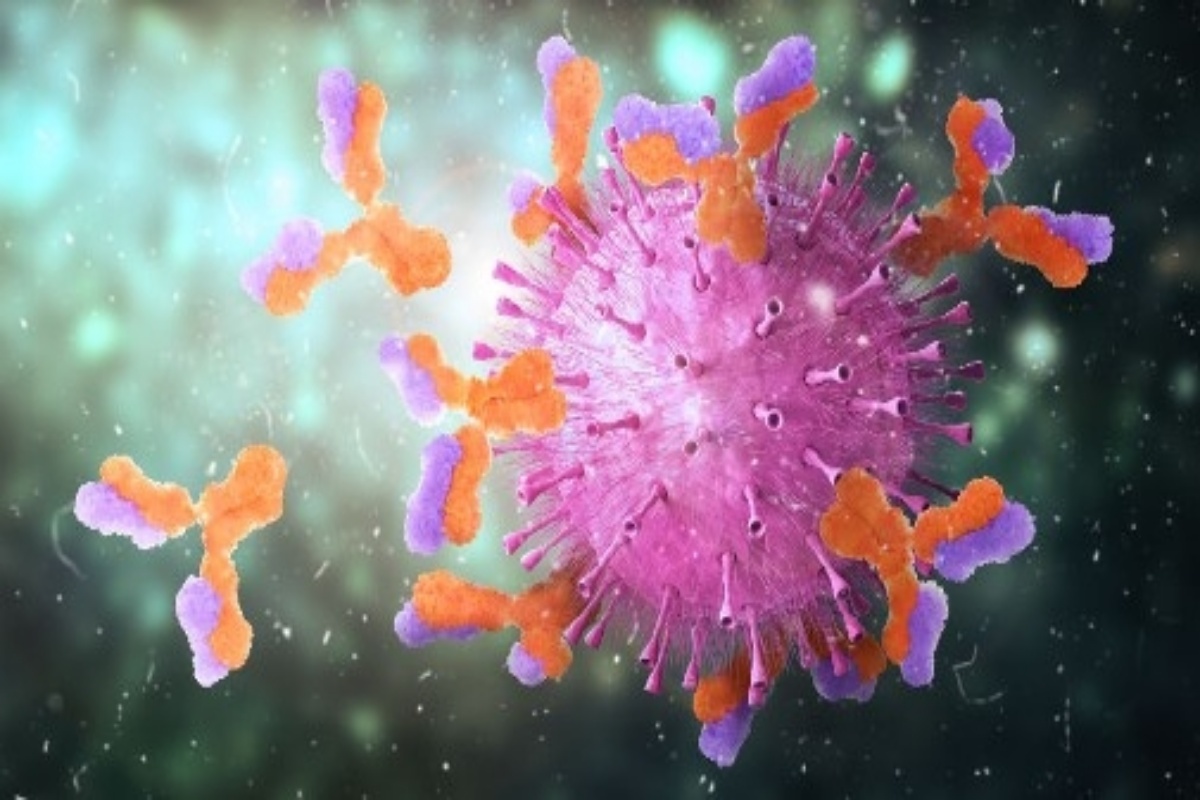US researchers have identified that a special type of antibody is produced in patients who’ve had Covid-19 as well as common colds, an advance that may be the starting point for broader-acting vaccines.
The study, by a team from the Scripps Research Institute, found that the cross-reactive antibody is produced by a memory B cell — an essential part of the immune system.
Advertisement
They “remember” initial disease threats and can circulate in the bloodstream for decades, ready to be called back into action if the threat emerges again. These cells are responsible for producing targeted antibodies.
“We were able to determine that this type of cross-reactive antibody is likely produced by a memory B cell that’s initially exposed to a coronavirus that causes the common cold, and is then recalled during a Covid-19 infection,” said senior author Raiees Andrabi, an investigator from the varsity’s Department of Immunology and Microbiology.
Using electron microscopy, the team investigated how the cross-reactive antibody is able to neutralise a range of coronaviruses. They examined blood samples collected before the pandemic and compared with samples from people who had been sick with Covid-19 and were able to pinpoint antibody types that cross reacted with benign coronaviruses as well as SARS-CoV-2.
The findings, appearing in the journal Nature Communications, showed that prior exposure to a coronavirus, even a non-dangerous virus that causes colds can impact the nature and level of antibodies produced when more serious coronavirus threats emerge. The discovery will help in the pursuit of a vaccine or antibody treatment that works against most or all coronaviruses, the researchers said.
Further tests revealed that the antibody also neutralised SARS-CoV-1, the coronavirus that causes SARS, or severe acute respiratory syndrome.
The discovery may be an important step in the eventual development of a pan-coronavirus vaccine, which would be able to protect against potential coronaviruses that emerge in the future, Dennis Burton, Professor from the varsity.
“Another deadly coronavirus will likely emerge again in the future — and when it does, we want to be better prepared. Our identification of a cross-reactive antibody against SARS-CoV-2 and the more common coronaviruses is a promising development on the way to a broad-acting vaccine or therapy,” Burton noted.









